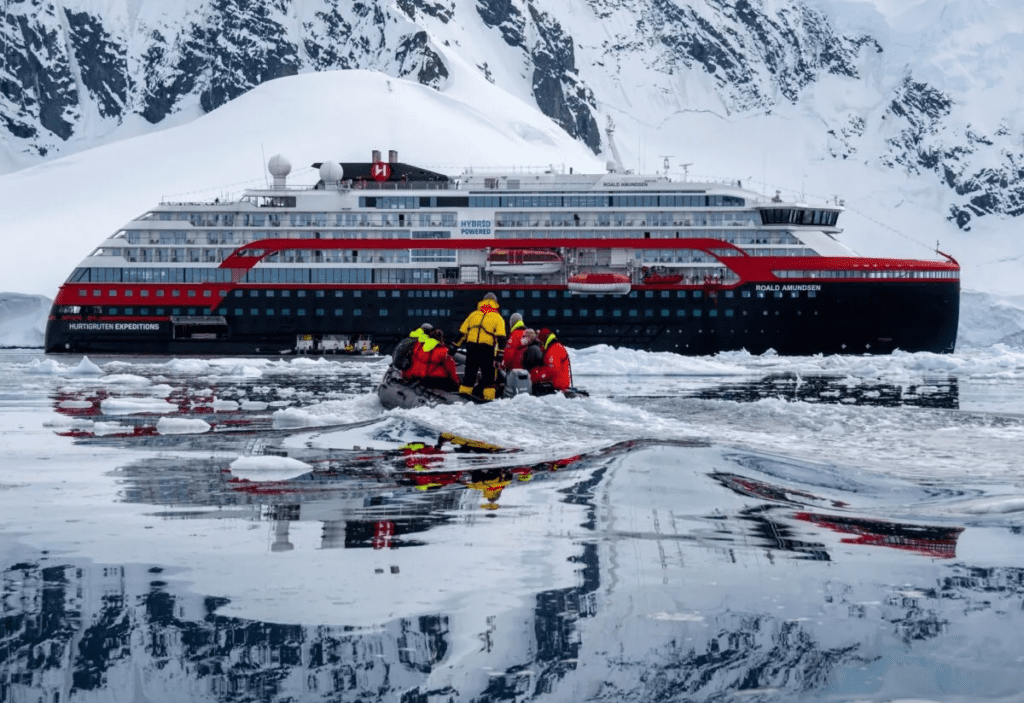A lawsuit against the Tennessee Valley Authority (TVA)) has been filed by the Sierra Club, Appalachian Voices, and the Center for Biological Diversity, represented by the Southern Environmental Law Center, over its plans to replace a coal plant with a new gas-fired power plant in Cumberland City, Tennessee. It is alleged in the lawsuit that TVA violates the National Environmental Policy Act (NEPA) by omitting the gas plant prematurely, not adequately studying cleaner alternatives, and failing to assess the climate and economic impact of the proposal. The Cumberland Gas Plant would emit an estimated 2.8 million tons of climate-warming pollution annually for many years, exacerbating the climate crisis and its associated impacts such as rising temperatures, increased flooding, wildfires, and extreme storms in the Hudson Valley and beyond, according to the groups.
The use of fossil fuels by TVA would expose its 10 million customers to volatile fuel prices, potentially leading to monthly power bills for families in the region. It is argued in the lawsuit that TVA had a legal obligation to assess the environmental and climate harms before investing billions of dollars in replacing a coal plant with a gas plant. However, the agency signed a contract with a pipeline company before completing the required review and allegedly downplayed the harm and costs associated with the planned gas plant. It is claimed by the plaintiffs that TVA failed to consider greenhouse gas mitigation measures and the costs associated with achieving a carbon pollution-free energy grid by 2035, as called for by federal orders and President Joe Biden’s clean energy goals.
Similar Post
They also argue that TVA did not sufficiently consider the failures at certain coal and gas plants that led to rolling blackouts during Christmas last year, nor did it properly account for renewable energy incentives in the inflation rate in the Inflation Reduction Act. Scott Brooks, a TVA spokesperson, has stated that the utility followed the environmental law in question and that the Cumberland Fossil Plant Requirement Impact Statement fully complied with NEPA requirements. It is the intention of TVA to retire the first of two coal-burning units at the Cumberland plant by the end of 2026 and to have the 1,450-megawatt gas plant operational before then. The aim of the utility is to retire the second coal-burning unit at Cumberland by the end of 2028, and it has proposed a plan to replace part of the lost production with a 900-megawatt gas plant in Cheatham County, Tennessee, alongside a 400-megawatt battery storage system.
According to TVA, the new plants are necessary to provide flexibility for adding 10,000 megawatts of solar energy to its system by 2035 while meeting peak demand periods. A review process comparing the costs and benefits of two types of natural gas plants and a solar array with battery storage was conducted by the utility. TVA determined that the solar array would be $1.8 billion more expensive and could not be completed by the 2026 deadline. It is the contention of the group behind the lawsuit that TVA overestimated the required amount of solar and battery storage, resulting in an inflated cost estimate, and failed to consider costs associated with the gas plant, such as carbon capture and hydrogen blending. This lawsuit follows a similar legal challenge seeking to block a gas-burning TVA plant at the retired coal-burning Johnsonville Fossil Plant. TVA has not commented on that case.


















